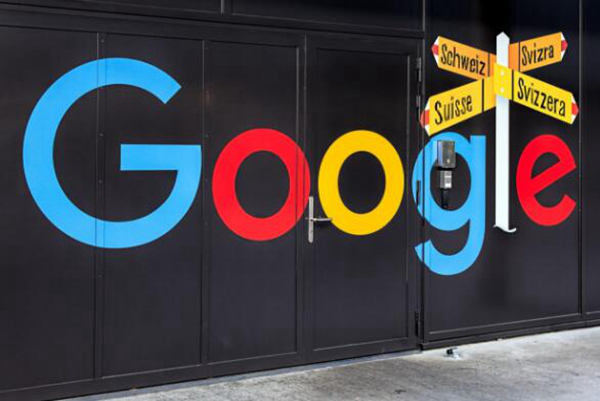In the high-stakes game among tech giants, a significant verdict could trigger a ripple effect. Google lost its antitrust lawsuit brought by the U.S. Department of Justice, and this ruling not only has a major impact on Google itself but also casts a shadow over its long-term partner Apple.
It is reported that Apple pays Google about $20 billion (approximately $26.5 billion SGD) annually as a return for setting Google as the default search engine. However, on August 5, the judge ruled that such fees paid by Google to device manufacturers were illegal, causing Apple's stock price to drop nearly 5% in response.
This victory marks the first time in over two decades that the U.S. Department of Justice has successfully brought a major antitrust lawsuit against a large tech company. For Apple, this ruling could jeopardize an important source of revenue it has relied on in recent years to boost sales.
Yet, this seemingly unfavorable judgment for Apple actually highlights the rapid pace of technological development. When a serious reckoning arrives, the industry is already restructuring itself around the next innovation. In fact, Apple has already begun to reduce its reliance on traditional internet searches.

Insiders reveal that Apple is actively improving its Siri digital assistant to handle queries more adeptly and integrate AI chatbots into its software. The company is betting that AI technology will eventually replace traditional searches.
It is understood that Apple is incorporating OpenAI's ChatGPT functionality into its software and hopes to collaborate with Google's Gemini chatbot. Over time, the company may guide consumers to use AI and Siri more, rather than traditional web browsers. This strategic shift could provide Apple with opportunities to enter into new non-exclusive agreements with multiple AI providers, which could help avoid violating U.S. government antitrust regulations.
However, industry experts point out that it may take several more years for Apple to truly reap significant benefits from AI. Meanwhile, for Google, the impact of this ruling seems mixed. Ari Paparo, an advertising entrepreneur who worked at Google, said, "In the short term, this could actually save them a lot of money."
Although the August 5 ruling did not specify how Google should meet government demands, Judge Amit Mehta has scheduled a hearing in September to discuss the separate trial time for this issue.
Legal experts predict that the court is unlikely to force Apple to completely abandon Google as a search partner, but it is likely to change the terms of the agreement to create a more level playing field. One possible scenario is that Apple will present multiple search engine options to consumers when they first start a new device, similar to the web browser selection menu provided by Apple devices in the EU.
In this context, Apple's AI strategy is particularly crucial. John Giannandrea, a former Google executive in charge of Apple's AI, has assembled a dedicated team focused on enhancing search capabilities within Apple's software. The company's upcoming Apple Intelligence, a suite of new AI features, is expected to fundamentally change how users interact with iPhones and other devices.
It is worth noting that Apple will also introduce a new "Type to Siri" feature, allowing users to use the virtual assistant more conveniently without voice. This will enable users to send queries to the AI engine from anywhere in the iPhone, iPad, or Mac operating system, further strengthening the role of AI within Apple's ecosystem.









